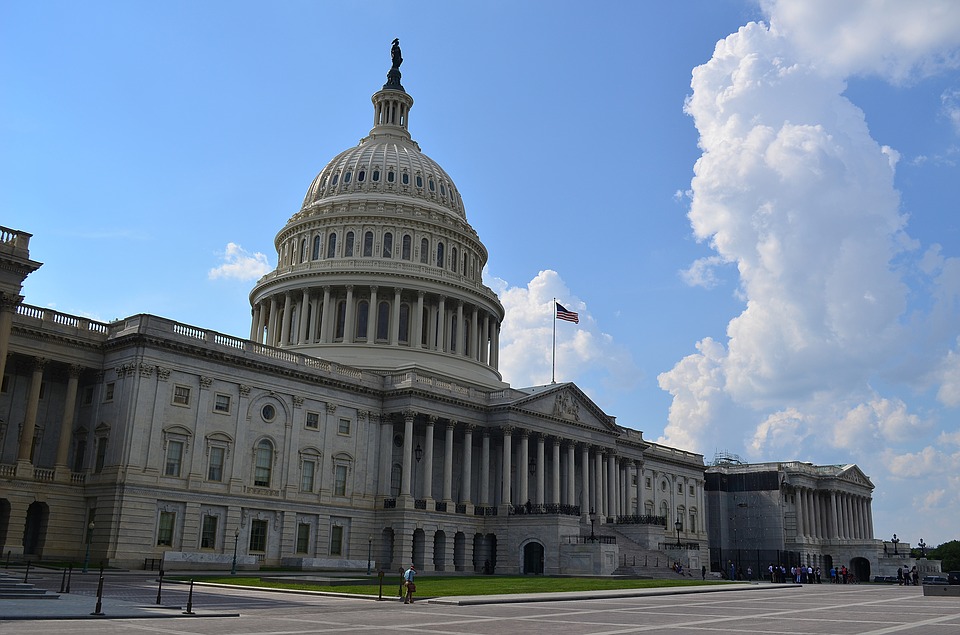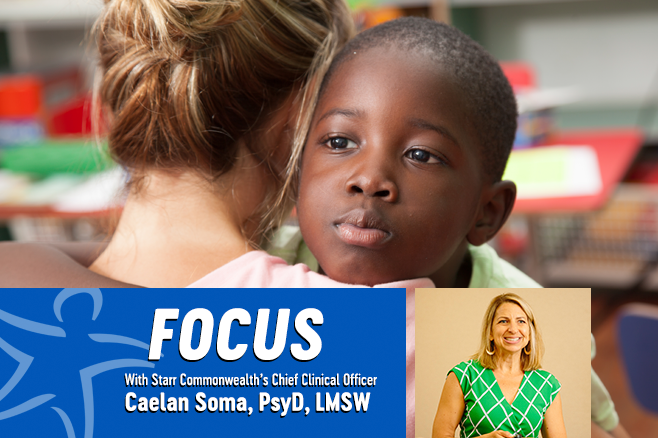House Oversight Committee Addresses Childhood Trauma
On July 11, 2019, several witnesses and committee members shared their personal stories at the Federal Committee on Oversight and Reform Hearing—and it was incredibly powerful. Chairman Elijah Cummings (D-IL) set the tone early in the hearing by recalling his own childhood experience of being in special education from kindergarten to sixth grade, and being told he would “never be able to read or write.” Still, he “ended up a Phi Beta Kappa and a lawyer.” Again, powerful.
The hearing was organized into a formulaic two-panel structure—there was testimony from survivors followed by statements from experts—but personal experiences relayed by witnesses (including the “experts”) and the Members of Congress blurred the lines of traditional roles. As I watched the hearing, I noticed the committee member’s reactions, and it gave me great hope. Those with the power to enact sweeping reform are beginning to understand the issue of toxic stress and trauma and the impact it has on the entire population and the future health outcomes of not only us an individuals, but the generations that follow.
As a social worker and certified trainer for Starr Commonwealth, a network of over 300 trauma-informed experts around the country and world, I know the current system is categorically failing our children. Current research from the CDC indicates more than 60 percent of American adults have, as children, experienced at least one Adverse Childhood Experience (ACE), and almost a quarter of adults have experienced three or more ACEs.1
I also know it is a macro issue of national consequence. We need to talk about the impact trauma and toxic stress are having on our nation’s health. We need to create a paradigm shift, increase our commitment (and belief in our ability) to change, and educate others on the current data and evidence-based practices that are available – through partners like Starr, the Alliance for Strong Families and Communities, and so many more.
Why are trauma-informed practices so important at the primary prevention level? Because an hour of therapy is not an effective solution. We need to consistently engage children to teach them self-regulation skills, emotional regulation, and a positive sense-of-self. The hallmarks of trauma can be erased over time through healthy/positive relationships and the creation of safe spaces in schools and communities. As Dr. Christina Bethell shared in her testimony, “The science of ACEs and resilience shine a light on the importance of the moment-by-moment relational experiences of children to their healthy brain, body, and socioemotional development, not only of our children, but our entire population.”
This is what Starr has been passionate about since its beginning and why our shared focus on healing trauma is so valuable. Working together, we can create positive environments where children flourish.
You have the power to ensure our elected officials are driven to heal. You can contact your local, state, and federal representatives through the portal at usa.gov/elected-officials.
1Merrick MT, Ford DC, Ports KA, Guinn AS. (2018). Prevalence of Adverse Childhood Experiences From the 2011-2014 Behavioral Risk Factor Surveillance System in 23 States. JAMA Pediatrics, 172(11), 1038-1044.







